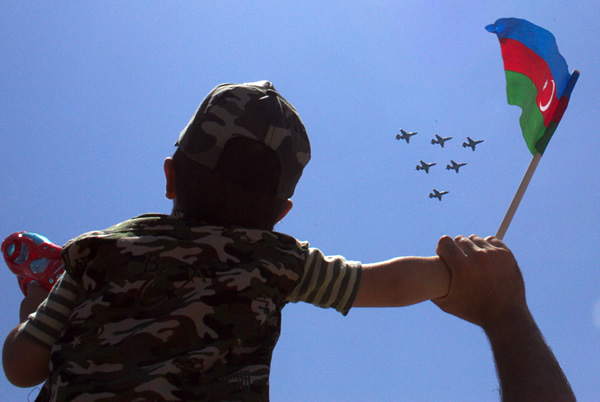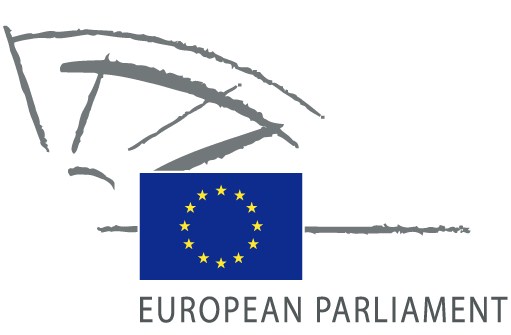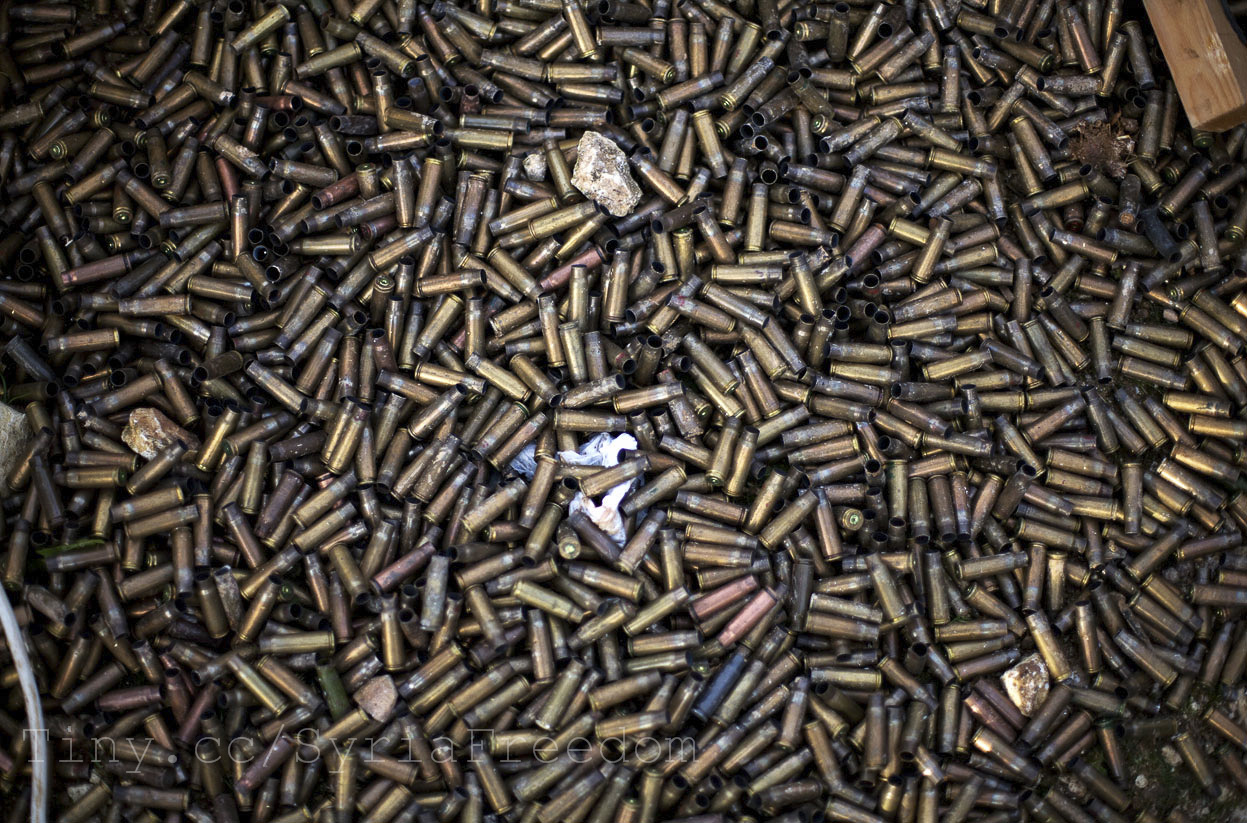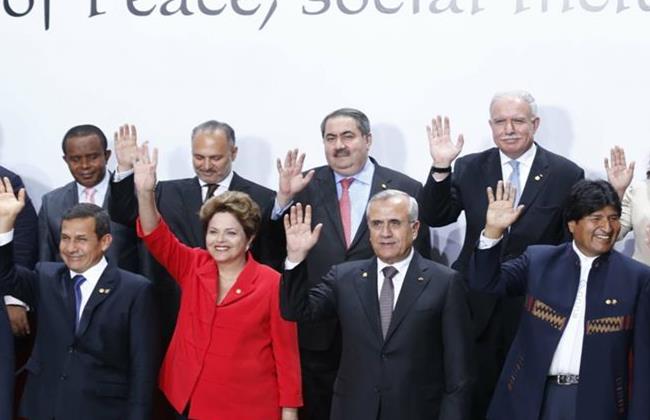In late June, Azerbaijan’s mission to NATO and the country’s embassy to Belgium organized an event in Brussels to celebrate the 95th anniversary of the establishment of Azerbaijan’s Armed Forces. The event was attended by NATO leadership, diplomats, Azerbaijani Ambassador Fuad Isgandarov, and the public. Azerbaijan was one of the first post-Soviet states to join NATO’s Partnership for Peace (PFP) programme in May 1994. While Azerbaijan is not a member of NATO and has not declared any intention to join, it has demonstrated a strong willingness to cooperate with the organization through a range of means. It has consistently expanded the scope of its Individual Partnership Programme and by 2007 Azerbaijan had participated in more than 250 NATO/PFP activities and events – one of the highest numbers among the Partner Nations and the highest in the South Caucasus. The Government of Azerbaijan has also progressively increased financing of the PFP Programme from $300,000 USD prior to 2006 to about $2 million USD by 2008. Today, NATO and Azerbaijan are actively cooperating on democratic, institutional and military reforms, as well as on the issues of conducting practical cooperation in various areas. The program of cooperation between Azerbaijan and NATO is set out in the Individual Partnership Action Plan (IPAP) on Azerbaijan.
[captionpix align=”right” theme=”elegant” width=”450″ imgsrc=”http://natoassociation.ca/wp-content/uploads/2013/07/nagorno-karabakh-occupation-map.jpg” captiontext=””]
Though Azerbaijan generally enjoys positive relations with NATO and its member states, this small state in the South Caucasus has been embroiled in rather volatile territorial conflicts with its western neighbor, Armenia. The territory of Nagorno-Karabakh, located within internationally-recognized Azerbaijani territory, is predominantly home to Armenians. It has been governed since the early 1990’s by the de facto independent, but unrecognized state of the Nagorno-Karabakh Republic. There are still no signs that the conflict will be resolved anytime soon. However the strategic importance of the NATO relationship to Azerbaijan might be a key component to solving the Nagorno-Karabakh conflict.
Armenia has historical ties to the territory. After 1923 however, the Soviet Union made Nagorno-Karabakh a part of the Azerbaijan SSR, and this has largely solidified the territory to contemporary Azerbaijan. Following de-sovietisation in the Caucasus and the outbreak of a war that lasted six years until May 1994, some 42,000 Azeris who lived in the area of Nagorno-Karabakh were forced out of the region. Given that Armenian forces have occupied this territory since 1992, one method of alleviating threats of violence in the area would be to encourage the withdrawal of Armenian troops from the territory, thereby creating peaceful opportunities to resolve the conflict without direct Armenian or Azerbaijani military involvement. Armenia has yet to implement the U.N. Security Council’s four resolutions on the liberation of Nagorno-Karabakh, which request Armenia’s military withdrawal from the territory.
[captionpix align=”left” theme=”elegant” width=”300″ imgsrc=”http://natoassociation.ca/wp-content/uploads/2013/07/Medium-_MG_1783.jpg” captiontext=”Soldiers of the Nagorno-Karabakh Defence Army”]
In spite of this standstill, a benefit of Azerbaijan’s involvement in Afghanistan as it relates to the Nagorno-Karabakh conflict is that the firsthand peace-keeping experience with national conflicts other than those taking place in the Caucasus might act as a form of ‘preparation’ in potentially dealing with their own conflict with Armenia in a peaceful manner. Azerbaijan’s support for the peacekeeping operations in Afghanistan is quite significant. Not only does the peacekeeping contingent in Afghanistan consist of 90 Azeri servicemen as part of the International Security Assistance Force, but it was the first non-NATO member to announce it would continue to support Afghanistan after 2014. Having Azerbaijan participate in these sorts of peace-keeping missions would provide the country with some of the tools necessary in dealing with its own military conflicts.
The head of Azerbaijan’s permanent mission to NATO, Khazar Ibrahim, recently made the comment that the “Euro-Atlantic community should activate its efforts on settlement of the Nagorno Karabakh conflict to ensure global security. In case of military conflict, all regional infrastructures will face threat of attack and it will cause a serious crisis not only in the region but also beyond the region,” Though it is beneficial to work with both Armenia and Azerbaijan in solving the conflict rather than making it a one sided issue, the occurrence of threat to Azerbaijani energy infrastructure could lead to temporary suspension in the transportation of energy reserves to the West, which could cause a rise in the price of oil and gas in Europe.
If Armenia and Azerbaijan could agree on terms that would permit the withdrawal of Armenian troops from the territory of Nagorno-Karabakh, a peaceful resolution over the territorial conflict would then be within the realm of the possible in the near future.




